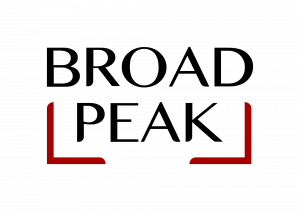Procurement, PtX Fund

Test-Excerpt
Evaluation, ILFF

Test-Excerpt
Circular Economy Trilogy
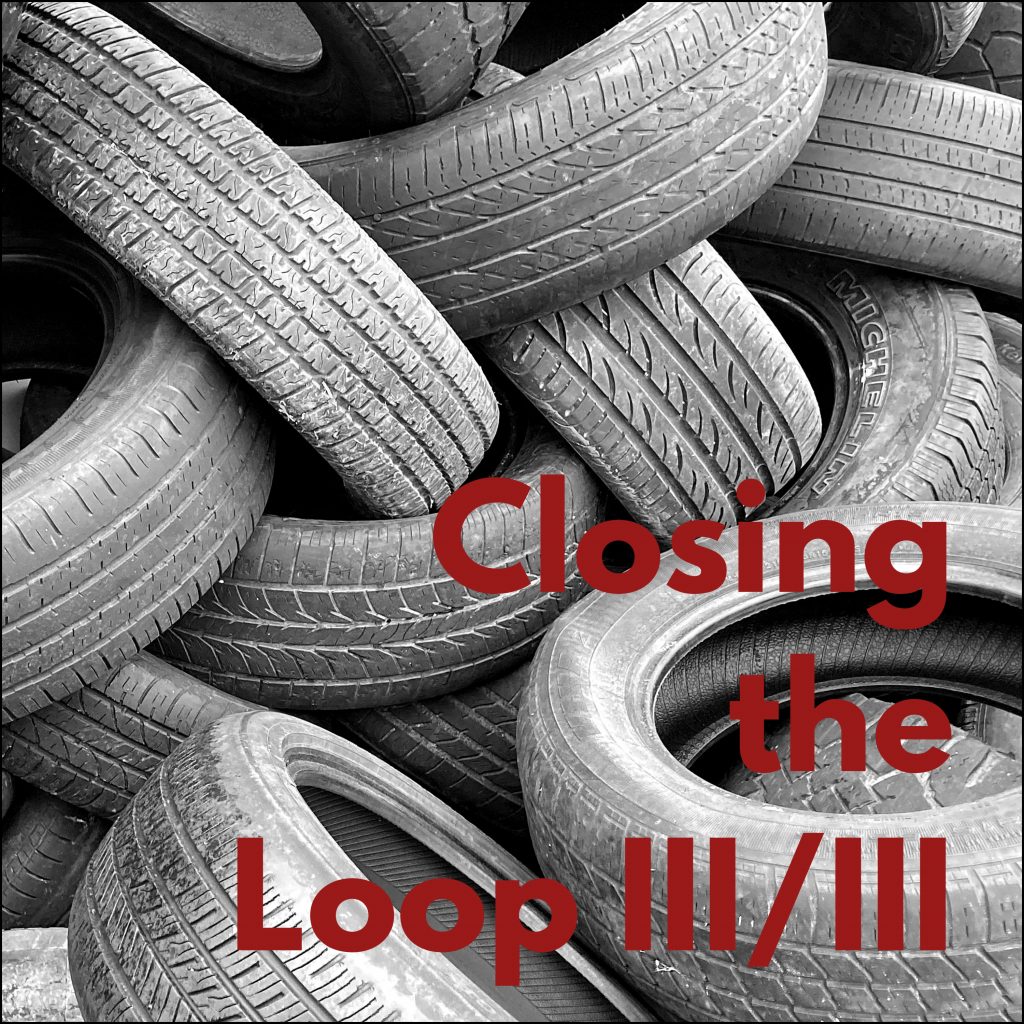
Since 1990, the use of material resources has experienced a ten-fold increase and is set to double again by 2030. We have largely overstepped the planetary boundaries, with 6 of the 9 boundaries having been transgressed. At the same time, according to the 2023 Circularity Gap, global circularity has fallen from 9.1% in 2018 to […]
Circular Economy Trilogy
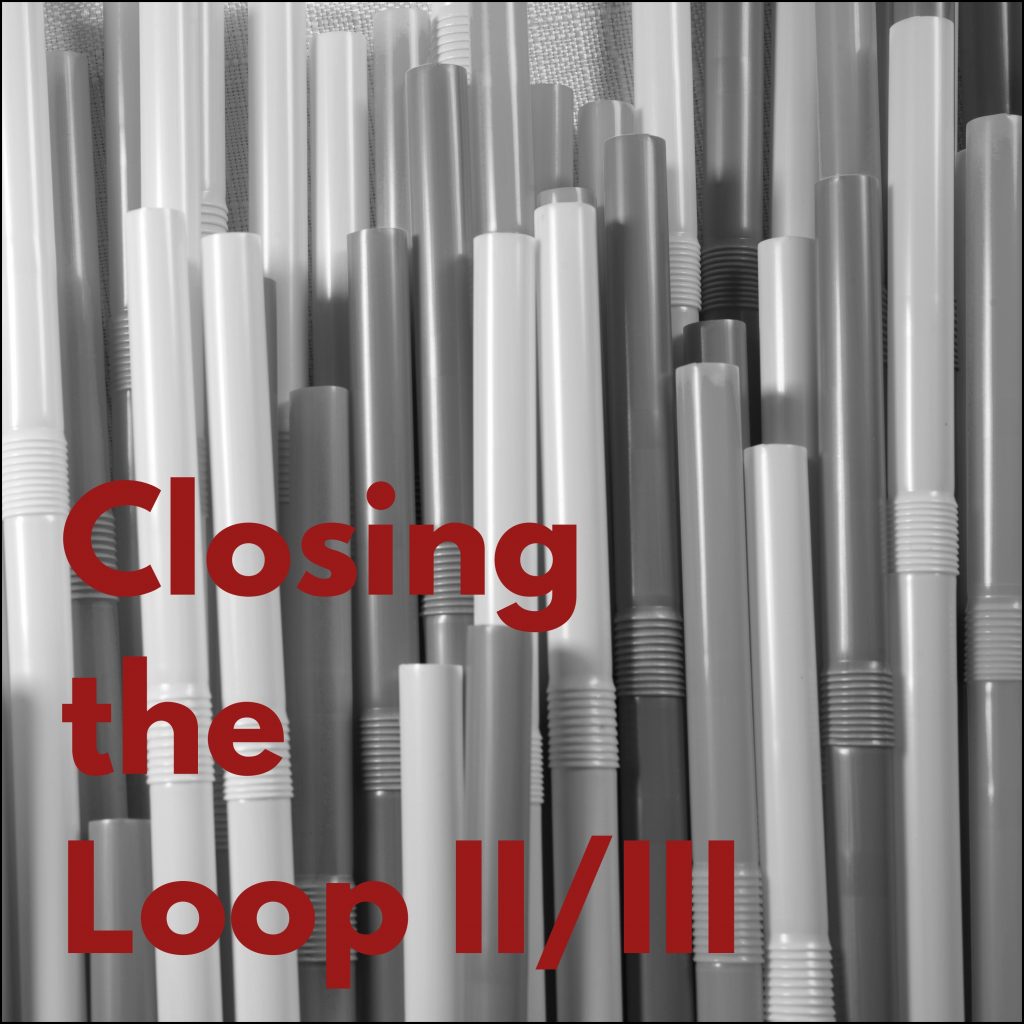
Nature cannot naturally break down plastic waste. Each plastic item, unless burned or reused, will persist for centuries beyond our lifetime. While 60% of plastics have lifespans of less than five years, only 9% are recycled. There is a pressing need for a comprehensive strategy to establish a circular system for plastics, which must operate […]
Circular Economy Trilogy
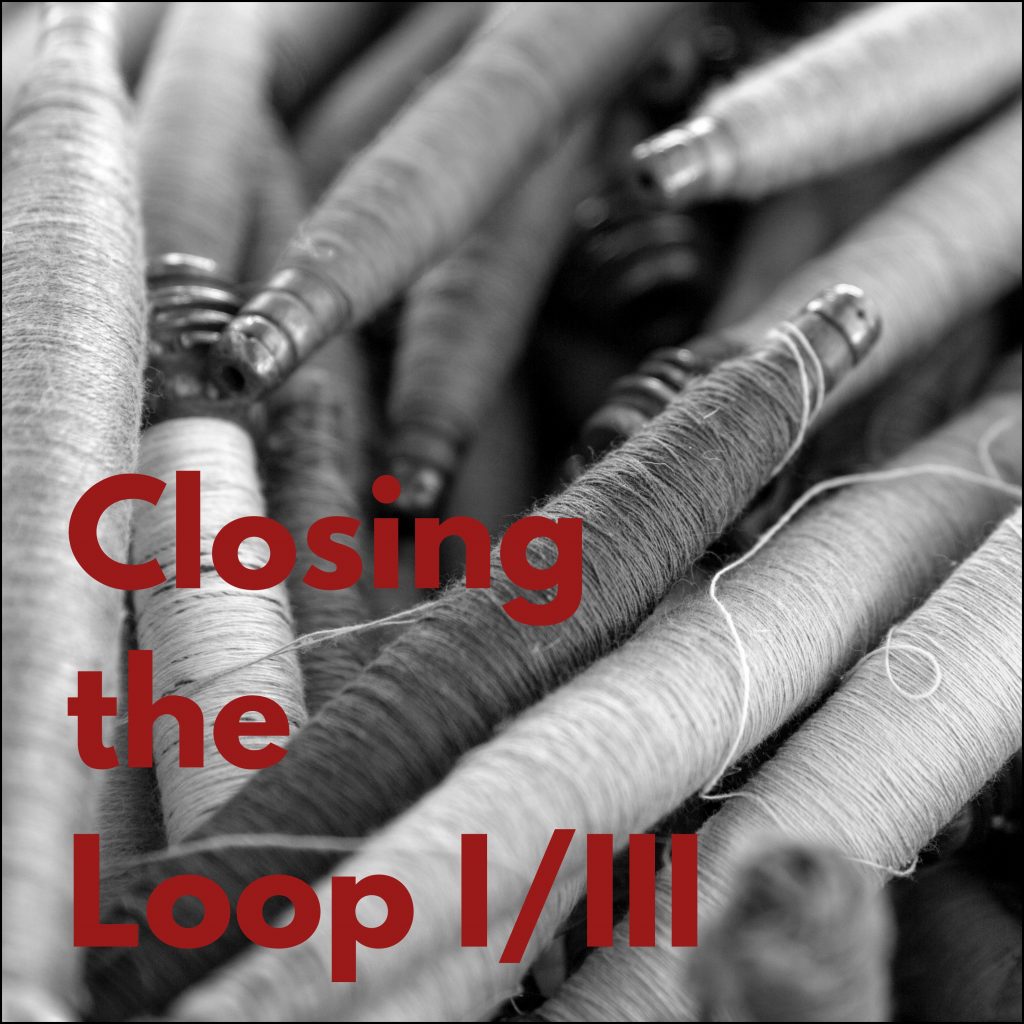
Each second, one truckload of garments is landfilled or burnt. Worldwide, there is an abundance of clothing available to attire the forthcoming six generations. Less than 1% of clothing undergoes recycling, while the majority is discarded. Recognizing the potential to transition towards circular systems in this sector will require enabling policy frameworks and investments but […]
Blue Economy Trilogy
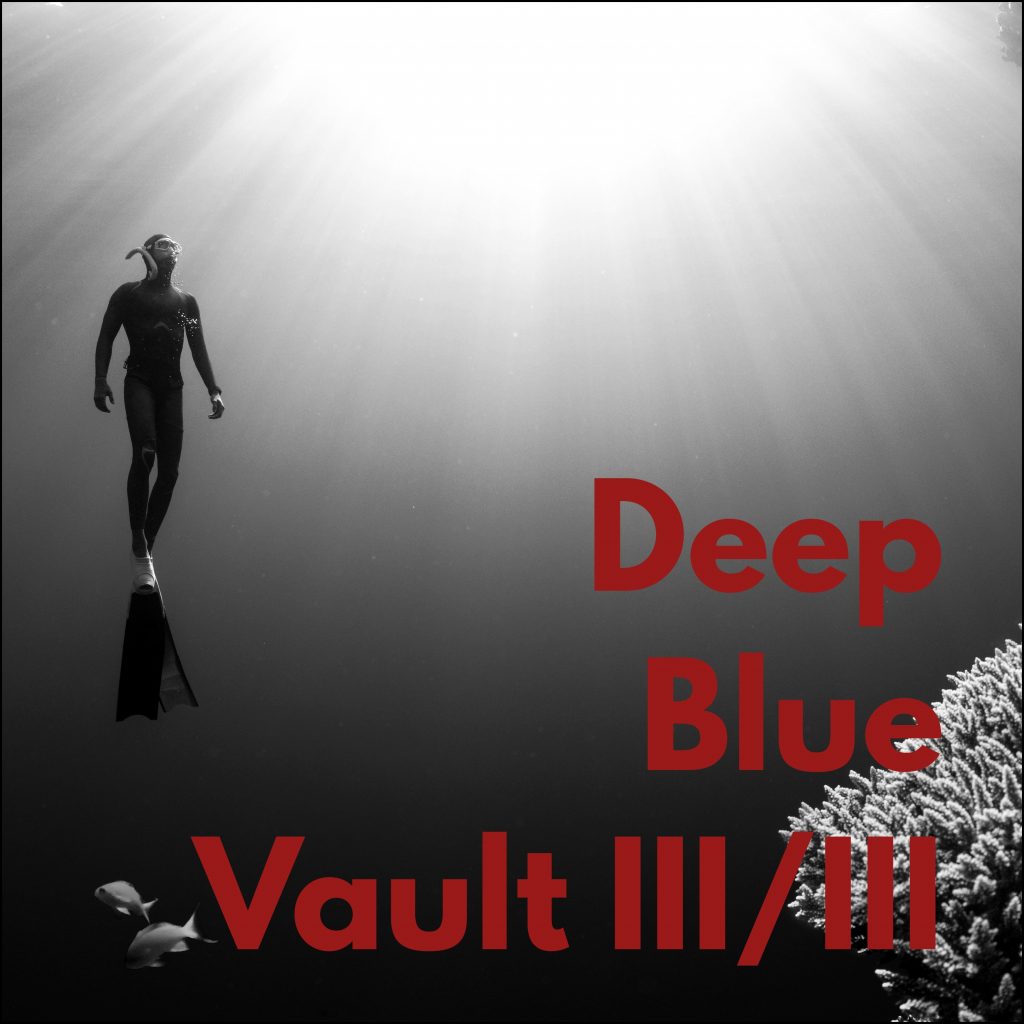
Oceans constitute the planet’s largest ecosystem, covering 70% of the Earth’s surface and hosting 80% of all life. Oceans also generate 50% of the oxygen we breathe. While the oceans’ biodiversity is essential to global economic growth, SDG 14 focusing on ocean conservation remains the least funded. Transitioning to a blue economy is imperative to […]
Blue Economy Trilogy

The oceans contain the largest untapped source of renewable energy, with offshore areas harbouring around 80% of the earth’s wind resources. Capturing this energy could enhance economically sustainable long-term development and play a pivotal role in the world’s emerging blue economy. Harnessing marine renewable energy to its full potential is also crucial in the transition […]
Blue Economy Trilogy

More than 90% of the planet’s marine stocks are fully exploited, overexploited, or depleted. Yet, oceans serve as the primary source of protein for over 50% of the population in least-developed countries. Furthermore, the sustainability of fisheries is crucial for global food security, supporting the livelihoods of 10% of the world’s population. Broadpeak works with industry […]
Gender Equality Trilogy

Women face a 14-fold higher risk of mortality or injury during climate-related natural disasters compared to men. They represent 80% of people relocated by climate change. Climate change is not gender-neutral and women are disproportionately impacted. It is essential to acknowledge that women can play a pivotal role as agents of change in the battle […]
Gender Equality Trilogy
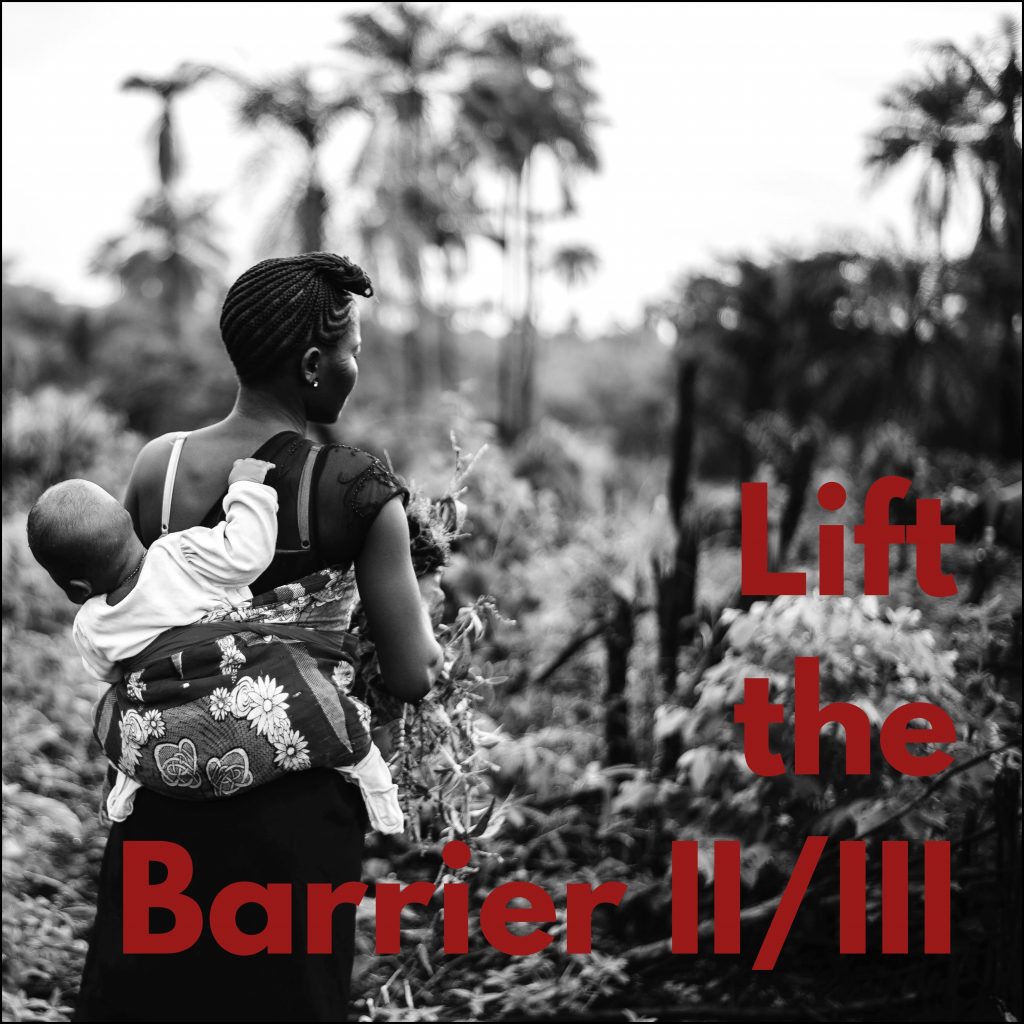
Women account for 47.7% of the global workforce. They produce between 60 and 80% of the food. Yet, they earn only 35% of the income and own less than 20% of the land. While it is widely acknowledged that achieving gender equality is integral to development and the reduction of poverty, significant gender disparities persist […]
